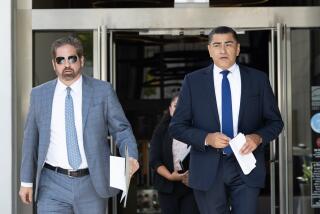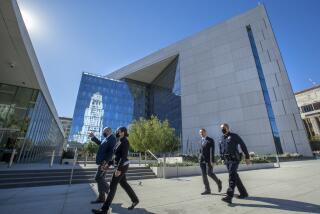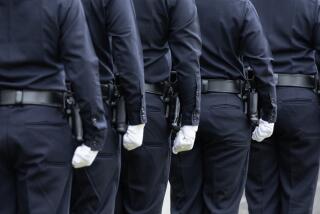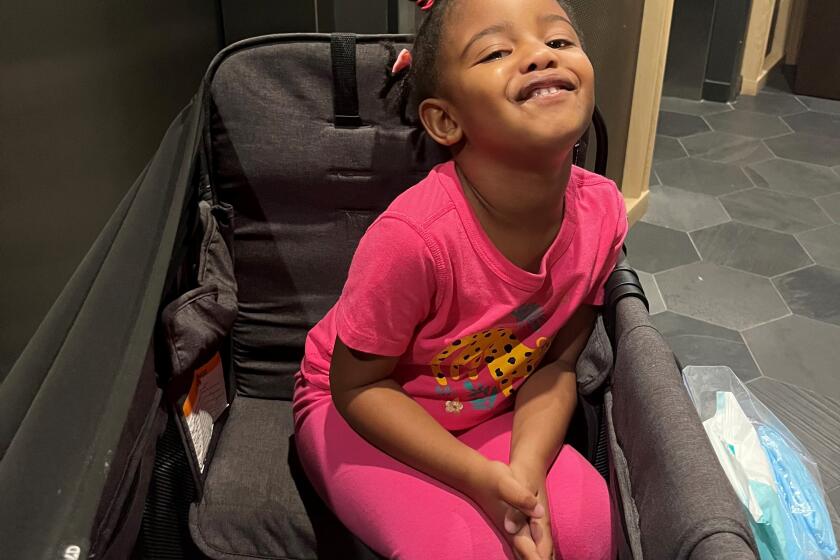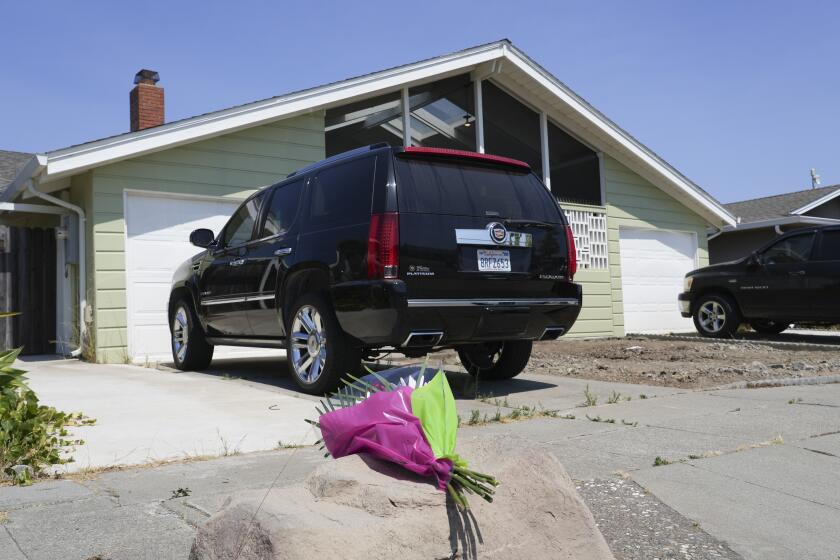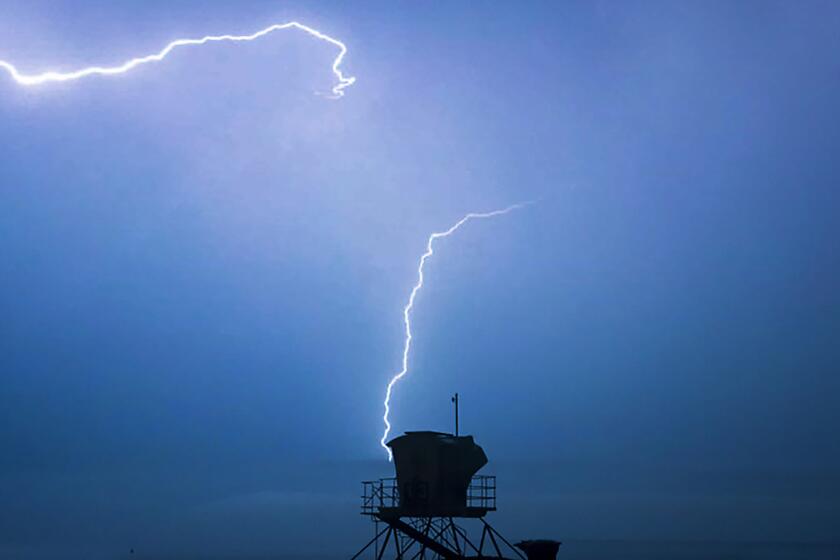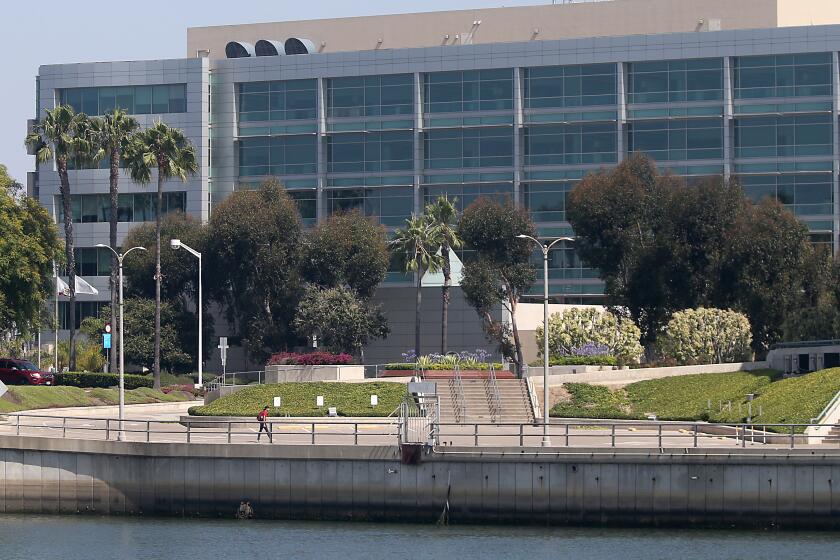Judge formally ends LAPD consent decree
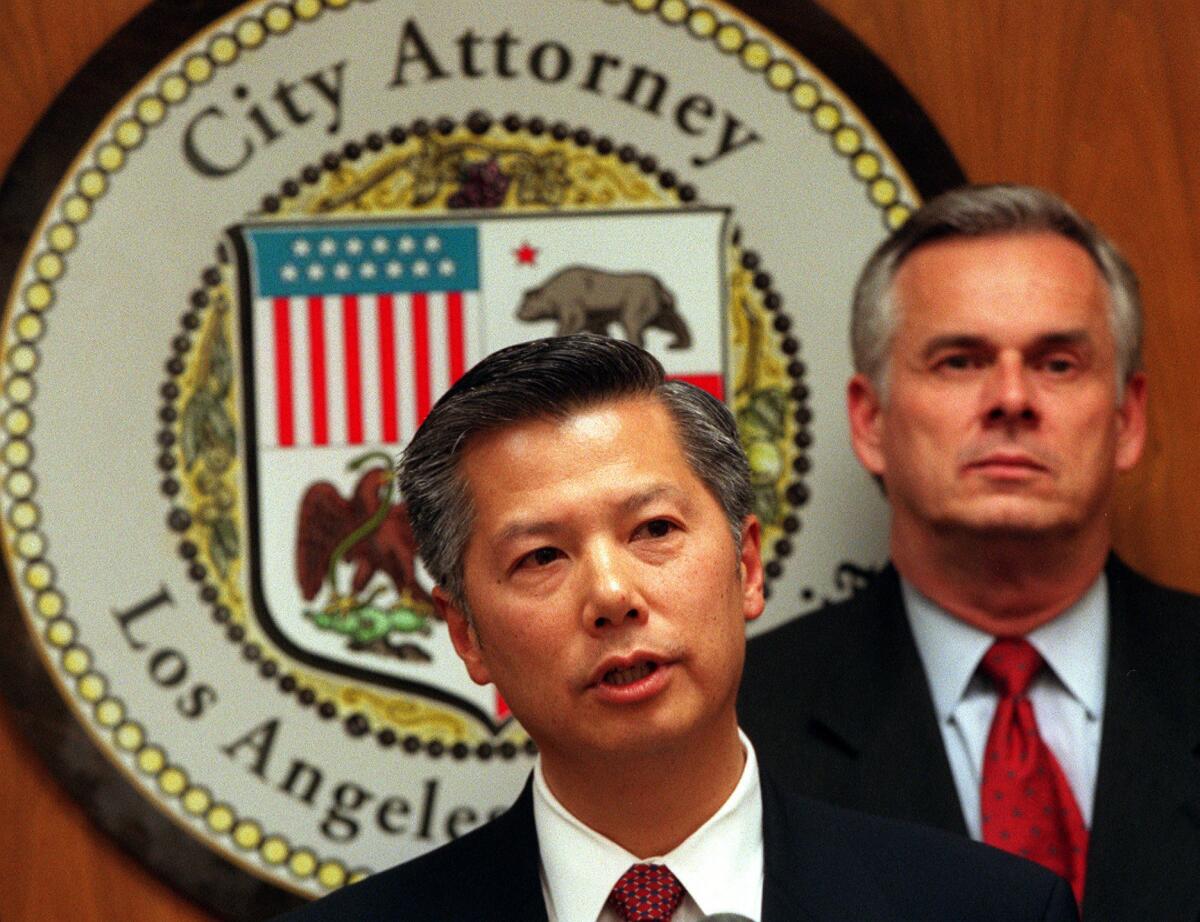
The federal judge who oversaw a dramatic, forced transformation of the Los Angeles Police Department has freed the department from the final vestiges of federal oversight.
In a brief, three-line order Wednesday, U.S. District Judge Gary Feess formally lifted the binding agreement the U.S. Department of Justice imposed on the LAPD in 2001, which spelled out dozens of major reforms the police agency had to implement and frequent audits it was required to undergo by a monitor who reported to Feess.
The so-called consent decree arose largely out of the Rampart corruption scandal but addressed basic problems of accountability that stretched back decades.
Though many in the department bitterly disliked the idea of federal oversight, DOJ officials were threatening to completely take over control of the LAPD if department and city officials resisted the idea of the consent decree.
Where his predecessor was lukewarm on it, former Chief William J. Bratton, who ran the department from late 2002 to 2009, embraced the consent decree. An outsider hired on his reputation for overhauling large, troubled police departments, Bratton used the decree as a ready-made blueprint for remaking the LAPD.
In 2006, however, Feess angrily rebuked the department for what he found to be its slow pace of reform. Originally written to last five years, Feess extended the decree for another five years.
In the ensuing years, Bratton and other senior LAPD officials grew increasingly impatient with Feess, arguing the department had succeeded in implementing the vast majority of the reforms called for in the decree.
On the eve of Bratton’s departure, Feess finally relented, approving a transitional plan that called on the Los Angeles Police Commission, which oversees the LAPD, to assume responsibility for keeping tabs on the department’s efforts to fully implement the few issues that had not yet been fully addressed. If DOJ lawyers were unsatisfied with the Commission’s oversight, the agreement allowed them to object and bring the department back before Feess.
With Wednesday’s order, Feess severed that remaining authority, leaving the LAPD fully as its own master for the first time in more than a decade.
ALSO:
Judge frees LAPD from consent decree
Independent monitor says LAPD consent decree should be lifted
Twitter: @joelrubin
More to Read
Start your day right
Sign up for Essential California for news, features and recommendations from the L.A. Times and beyond in your inbox six days a week.
You may occasionally receive promotional content from the Los Angeles Times.
